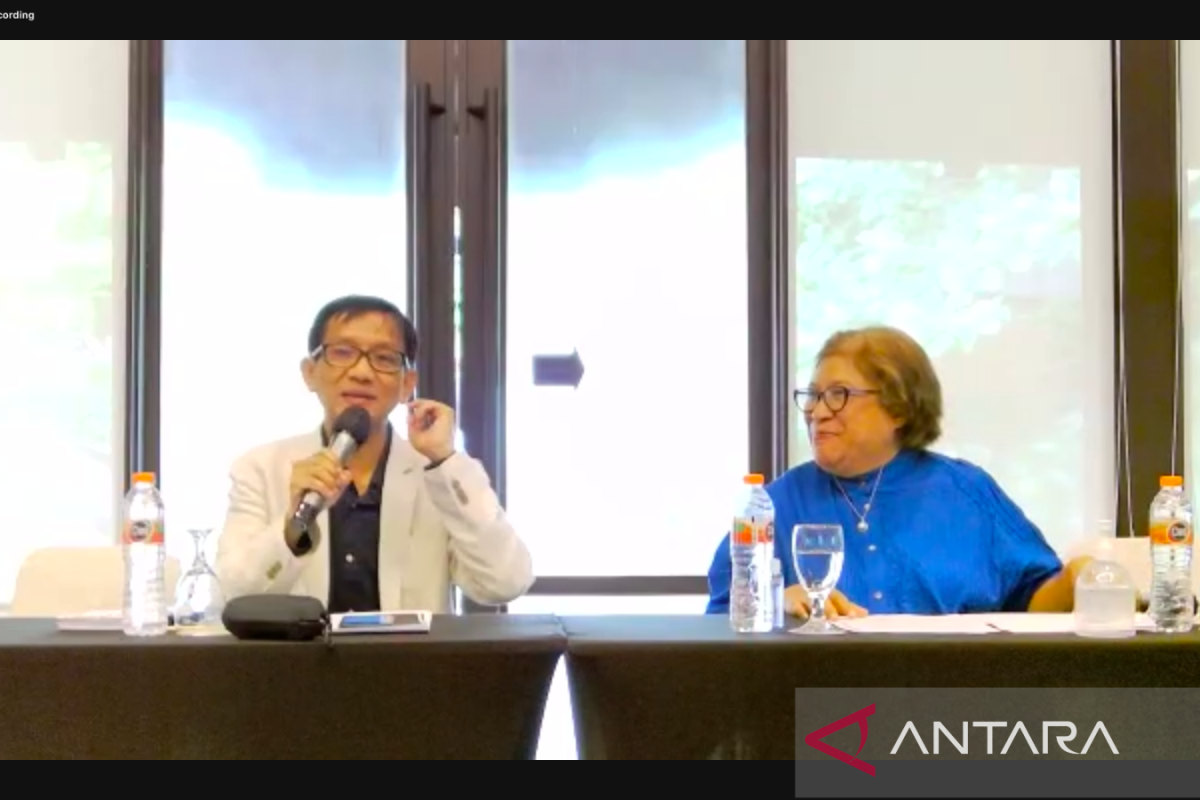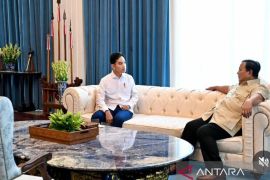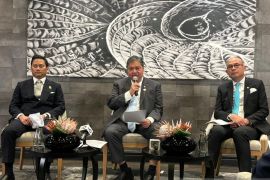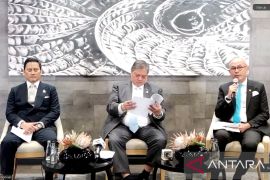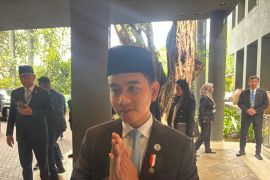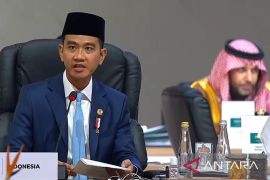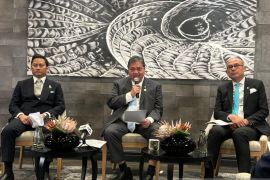For too many leaders, G20 Sherpas and ministers, gender equality and women’s economic empowerment remain secondary issuesJakarta (ANTARA) - G20 can potentially build strategic partnerships with non-G20 members, such as with Bali Democracy Forum (BDF) members constituting more countries in ASEAN to enhance gender equality, Indonesia’s Women Research Institute Executive Director Sita Ari Purnami stated.
“There is a real potential to build strategic partnerships with other countries that are non-G20 members, such as BDF members that constitute more countries in the ASEAN region,” Purnami remarked during the 2022 Bali Democracy Forum on the topic “Intersession Bali Civil Society and Media Forum (BCSMF) with Civil Society Organizations” held online here on Monday.
Not only with BDF, but such partnership can also be potentially established with global and regional multilateral organizations and private sector contributors that support more coherent, evidence-based outcomes and enable the sharing of good practices, she remarked.
The potential partnerships are important to hold leaders to account since its inception that W20 has demonstrated an ability to raise awareness of the significance of women’s economic empowerment, according to the director.
“Yet we wonder how to make the case to leaders and whether and how they respond to the issues raised. For too many leaders, G20 Sherpas and ministers, gender equality and women’s economic empowerment remain secondary issues,” she noted.
Related news: Delving into natural gas' future in energy transition program
Building such a partnership is among some key recommendations for G20 on gender equality issues, she remarked.
Other recommendations encompass making the global gender gap report as one of the references to assess the drivers or gender disparities and advocating global strategies for gender equality by W20.
The global gender gap report may become one of the tools to encourage public-private dialogs and cross-country comparisons to guide stakeholders of BDF member countries in closing gender gaps, she pointed out.
Based on the global gender gap ranking in ASEAN countries, Indonesia ranked 101st as compared to the Philippines, Lao PDR, Singapore, Thailand, and Vietnam that ranked 17th, 36th, 54th, 79th, and 87th respectively.
“Indonesia is number six, so we are behind Vietnam, Thailand, and even Lao. Hence, we can see then perhaps we can try to do something,” Purnami stated.
Hence, W20 should advocate for a global strategy for gender equality and one aspect that brings key G20 institutions and engagement groups in line to combat gender inequality and under-representation as important democratic values, she stressed.
Related news: Attracting investment to Indonesia during European tour
Moreover, such a strategy should capture, communicate, and realize a coherent vision for women’s equality and empowerment across the globe, according to Purnami.
At this point, BDF that works in the region may involve and join the force to advocate for a global strategy for gender equality, she added.
“It is clear that taking women’s economic empowerment forward is the responsibility of the entire society. It demands attention, resources, and investment from across public, private, and civil society and requires us to work locally, regionally, and globally to advance our aims,” she remarked.
Related news: Ministry constructs VVIP airport terminal for G20 Summit in Bali
Related news: G20 should discuss US-China domination impact on developing countries
Reporter: Juwita Trisna Rahayu
Editor: Fardah Assegaf
Copyright © ANTARA 2022
